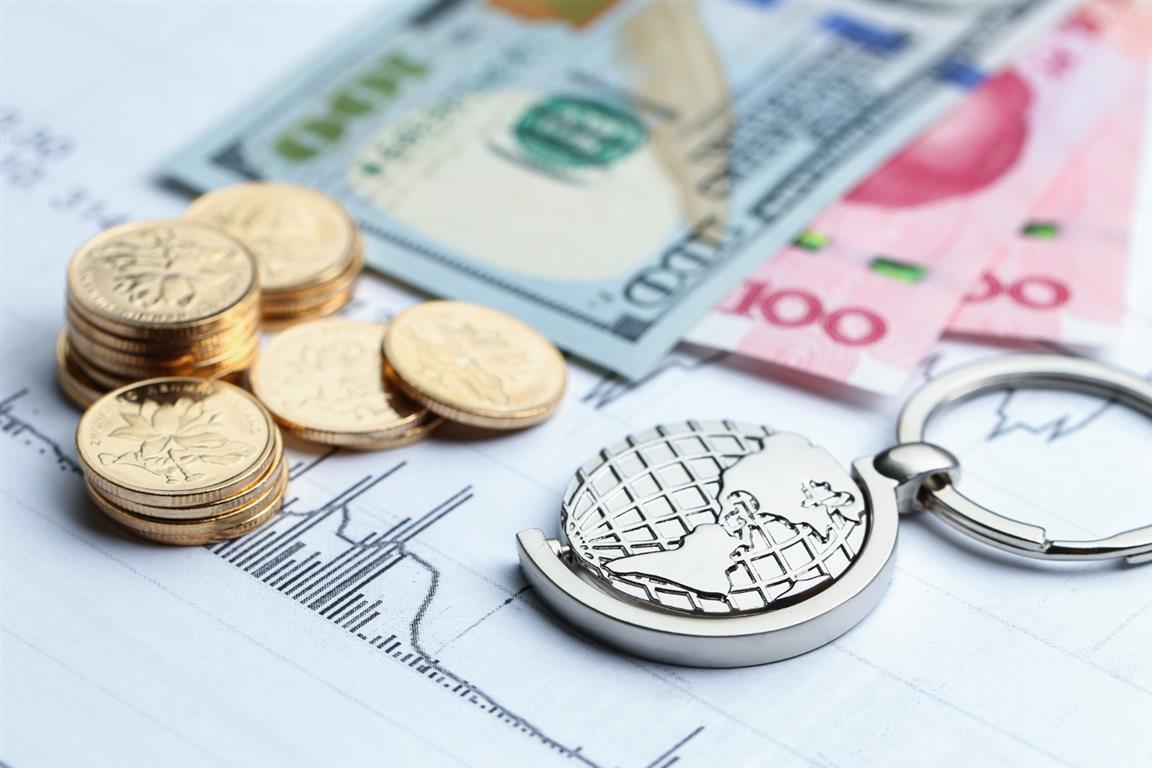How currency fluctuations affect expat property investments

Sponsored by Prop.sg
If you are a foreign investor, currency fluctuations can have a major impact on your investment's worth and cost-effectiveness. Economic factors, political events, and market dynamics can change currency values in an instant and it can pose challenges, or create opportunities for expats. In making informed and strategic decisions, it is vital to understand how movements in currencies influence property investments, particularly in global real estate markets.
Understanding the Impact of Currency Fluctuations
Currency fluctuations affect several aspects of property investment:Property pricing is one, or when an investor’s home currency is equated to the foreign currency of the property. It makes purchasing property low-priced. In short, a lower home currency can increase investment prices and investors will need more gains to secure the property. The overall size of the investment is also affected by exchange rates and can impact the investor's purchasing power and financial capacity.
Mortgage repayments are another area affected by currency movements. Local or international lenders often help expats finance their property investments. If your loan is in a foreign currency, monthly payments can vary based on exchange rates. Monthly repayments can be reduced with a promising exchange rate. On the other hand, financial burdens may ensue if exchange rates are unfavourable.
Rental yields and income streams are also affected by fluctuations in currency values. Foreign investors leasing out their properties collect rental returns in local money. This can lead to a significant difference when the rental income is converted to the investor's home currency. Since it is dependent on exchange rate trends, the overall return on investment is also greatly affected.
Case Study: Currency Fluctuations in Real Estate in Singapore
Expats consider Singapore a prime destination for property investment because of its steady economy, strategic location, and thriving real estate market. The Singapore dollar (SGD), the city-state's currency, is a key factor in property valuation and investment appeal. The strength of the SGD plays a crucial role in property valuation and investment appeal.
For a long time, Singapore has been considered a haven for international investors because of its relatively stable currency. However, the overall cost of acquiring property and potential returns on investment can be affected even with a slight change in exchange rates. With that, expats need to be mindful of the potential fluctuations and strength of the SGD to protect the valuations and profitability of their properties in the long run.
The Orie: A Premiere Development in Singapore
For example, The Orie is a premiere choice for a luxury condominium in Singapore. It is a perfect property for foreign buyers looking for high-end lifestyle and investment prospects. The Orie, which is situated in a prime location, features a mix of modern amenities, luxurious design, and suitable access to the city's tourist spots. Foreign investors securing a unit in this development means they are looking for both a lifestyle selection and a profitable investment opportunity.
To determine the cost of purchasing a unit at The Orie, investors need to monitor the currency fluctuations. This is because the property cost is greatly affected by the strength of the Singapore dollar against the investor's home currency. An unfavourable rate may increase the overall cost, while a good exchange rate can make the purchase more reasonable. Meticulous investors keep an eye on these currency movements so they can capitalise on advantageous currency conditions and make the most of their investment returns
How to Manage Currency Risks in Property Investments
Foreign investors need to come up with plans to alleviate risks and protect their returns, especially since currency fluctuations have a great impact on property investments.
- Use Hedging Strategies
- Diversify Your Portfolio
- Time Your Purchases Strategically
- Consider Local Financing Options
- Seek Expert Advice
- Stay Informed
They can opt to use hedging strategies, such as making forward contracts or options, to secure advantageous exchange rates. This strategy can give expats security about income repatriation and costs associated with property transactions.
Expanding the investment portfolio across multiple currencies and markets is also a great way to address currency fluctuations. Securing investments in various regions can prevent currency risks and may increase the profit from changing exchange rates.
Monitor currency trends and try to buy when exchange rates are in your favour. This can reduce acquisition costs and increase your purchasing power. Investors must learn when to purchase properties for them to get better exchange rates that can reduce acquisition costs and give them better purchasing power.
Explore mortgage options in the country where you're investing. This can help mitigate some currency risks associated with cross-border financing.
Another great tip is to get help from financial advisors who are experts in international property investments. They can give investors meaningful tips and advice on market trends, currency strategies, and financial planning so they can make smart decisions in their real property investment journey.
Regularly check reliable financial news sources for updates on global currency markets. Websites like XE.com or Oanda offer real-time exchange rate information.
Conclusion
While currency fluctuations present challenges for expat property investors, they can also create opportunities. By understanding these risks and implementing strategic approaches, you can protect your investments and potentially enhance your returns. Remember, successful international property investment requires ongoing attention to currency movements and a willingness to adapt your strategy as market conditions change.
- My Life Abroad -
A selection of expat stories

"A fun compulsive read!"
J. Matcham, Amazon
"I strongly advise people ready to live abroad to read this book!"
Patrice, Amazon

 Effective Strategies for Managing Your Finances in Singapore
Effective Strategies for Managing Your Finances in Singapore How exchange rates can affect how you pay for a property overseas
How exchange rates can affect how you pay for a property overseas What are the Benefits of using a Broker to Manage Regular Overseas Payments?
What are the Benefits of using a Broker to Manage Regular Overseas Payments? Fexco payment solutions
Fexco payment solutions Uncovering the Best neighbourhoods in Singapore for Expats
Uncovering the Best neighbourhoods in Singapore for Expats Property rental price in Singapore
Property rental price in Singapore Singapore new Work Visa for high-paid expats
Singapore new Work Visa for high-paid expats